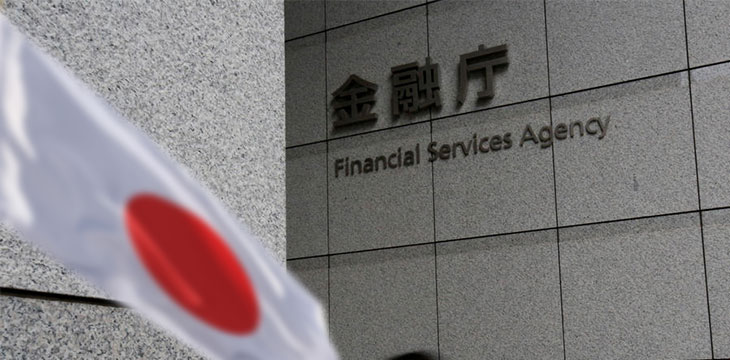Japan FSA: Banks May Soon Hold Bitcoin, Crypto
Background: Japan FSA Reviews Crypto Policy for Banks
Japan’s Financial Services Agency (FSA) is reportedly preparing to review its regulatory stance, potentially paving the way for banks to acquire and hold cryptocurrencies, such as Bitcoin, as investment assets. Currently, Japanese banks are effectively barred from holding crypto directly due to existing supervisory guidelines, last updated in 2020, which emphasize the volatility risks of digital assets. According to a report by Cointelegraph citing Livedoor News, the FSA plans to bring the matter up for discussion at an upcoming meeting of the Financial Services Council, an advisory body to the Prime Minister.
The proposed reforms aim to align the management of crypto assets with that of traditional financial instruments like stocks and government bonds. This would represent a significant shift in Japan’s approach to cryptocurrency regulation and bank participation in digital asset markets.
Regulatory Changes and Crypto Market Growth
As part of the ongoing review, the Japan FSA intends to explore a risk management framework designed to tackle the unique challenges of holding crypto, such as price volatility and its potential impact on a bank’s financial stability. Should these changes proceed, banks would likely need to meet specific capital adequacy and risk management standards before being authorized to hold digital assets.
The FSA is also considering measures that would enable bank groups to register directly as licensed “cryptocurrency exchange operators.” This would allow banks to offer trading and custody services, bringing cryptocurrency activities more in line with mainstream regulated finance.
Japan’s cryptocurrency market has seen rapid expansion, with the number of registered crypto accounts exceeding 12 million as of February 2025—an increase of about 3.5 times compared to five years prior, based on FSA data. This growth is fueling interest among both regulators and financial institutions in establishing clearer frameworks for cryptocurrency engagement.
Market Impacts and Future Developments
Earlier in September 2024, the FSA announced its intention to place cryptocurrency regulation under the Financial Instruments and Exchange Act (FIEA), shifting it away from the Payments Services Act. The regulator noted that “many issues within crypto resemble those traditionally addressed under the FIEA,” making it appropriate to introduce similar investor protections and enforcement mechanisms (via Cointelegraph).
Separately, leading Japanese banks—Mitsubishi UFJ Financial Group (MUFG), Sumitomo Mitsui Banking Corp. (SMBC), and Mizuho Bank—have begun collaborating on their own yen-pegged stablecoin aimed at improving settlement processes and reducing transaction costs for businesses. At the same time, Japan’s Securities and Exchange Surveillance Commission is considering introducing rules against crypto insider trading, signaling a broader regulatory tightening across the crypto sector.
If the FSA’s proposed frameworks are adopted, Japan could become one of the first major economies to permit banks to hold Bitcoin and other cryptocurrencies directly, potentially setting a precedent for other jurisdictions. The reforms reflect a broader shift towards integrating digital assets into the traditional financial landscape.
For further coverage of cryptocurrency policy and trends, see Vizi’s cryptocurrency section.
What’s Next?
The FSA’s deliberations, under review by the Financial Services Council in the coming months, will determine how and when these new regulations may be implemented. Industry participants are watching closely as Japan further defines the intersection of crypto assets and mainstream banking, which may have implications both regionally and for the global financial sector.



















